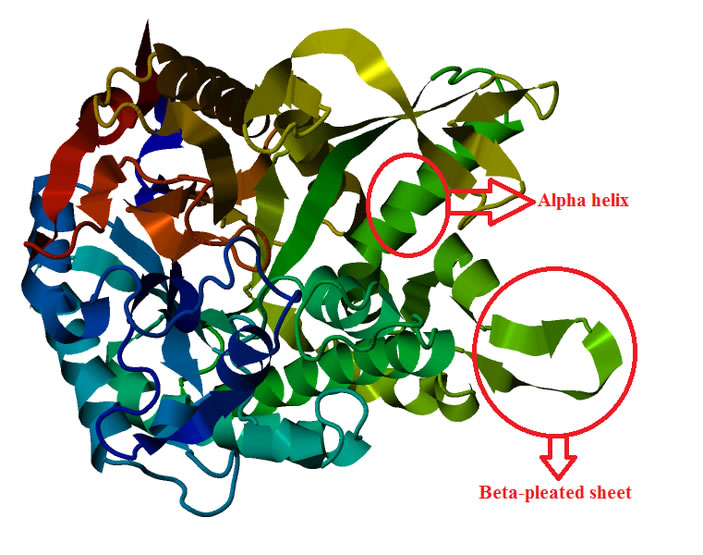A new collaborative research project at the Concord Consortium and Michigan State University will develop and research learning materials on the molecular and cellular basis for genetics and the process of evolution by natural selection. These two areas are both difficult to teach and learn, and although they have been historically taught separately, they are interlinked and span multiple levels of organization. The goal of Connected Biology: Three-dimensional learning from molecules to populations is to design, develop, and examine the learning outcomes of a new connected curriculum unit for biology that embodies the conceptual framework of the Next Generation Science Standards.
Peter White, science education researcher and entomologist at Michigan State University (MSU); Louise Mead, Education Director at the BEACON Center for the Study of Evolution in Action at MSU; and postdoctoral fellow Alexa Warwick at the BEACON Center visited the Concord Consortium recently to plan our joint work together. Frieda Reichsman and Paul Horwitz will serve as the Principal Investigator and Co-PI at the Concord Consortium.
The new units will leverage the contextually rich Evo-Ed Integrative Cases, which build directly on the interlinked nature of evolution and genetics and connect the science ideas with meaningful real-world examples. The Evo-Ed case studies track the evolution of traits from their origination in DNA mutation, to the production of different proteins, to the fixation of alternate macroscopic phenotypes in reproductively isolated populations. For example, the Evolution of Lactase Persistence case study examines the genetics, cell biology, anthropology, and biogeography of this system.
The human lactase protein, above, is made from the lactase gene, a 55,000 basepair segment of the second chromosome.
The curriculum will integrate the three dimensions of science—the core ideas of biology, the science and engineering practices, and the crosscutting concepts—to support all students in building toward deep understandings of biological phenomena. The project will be guided by two main research questions:
- How does learning progress when students experience a set of coherent biology learning materials that employ the principles of three-dimensional learning?
- How do students’ abilities to transfer understanding about the relationships between molecules, cells, organisms, and evolution change over time and from one biological phenomenon to another?
Note: If you’ve used the Evo-Ed cases in your classroom, we’d love to get your feedback! Please respond to this short survey to be entered into a drawing to receive a $50 Amazon gift card.
